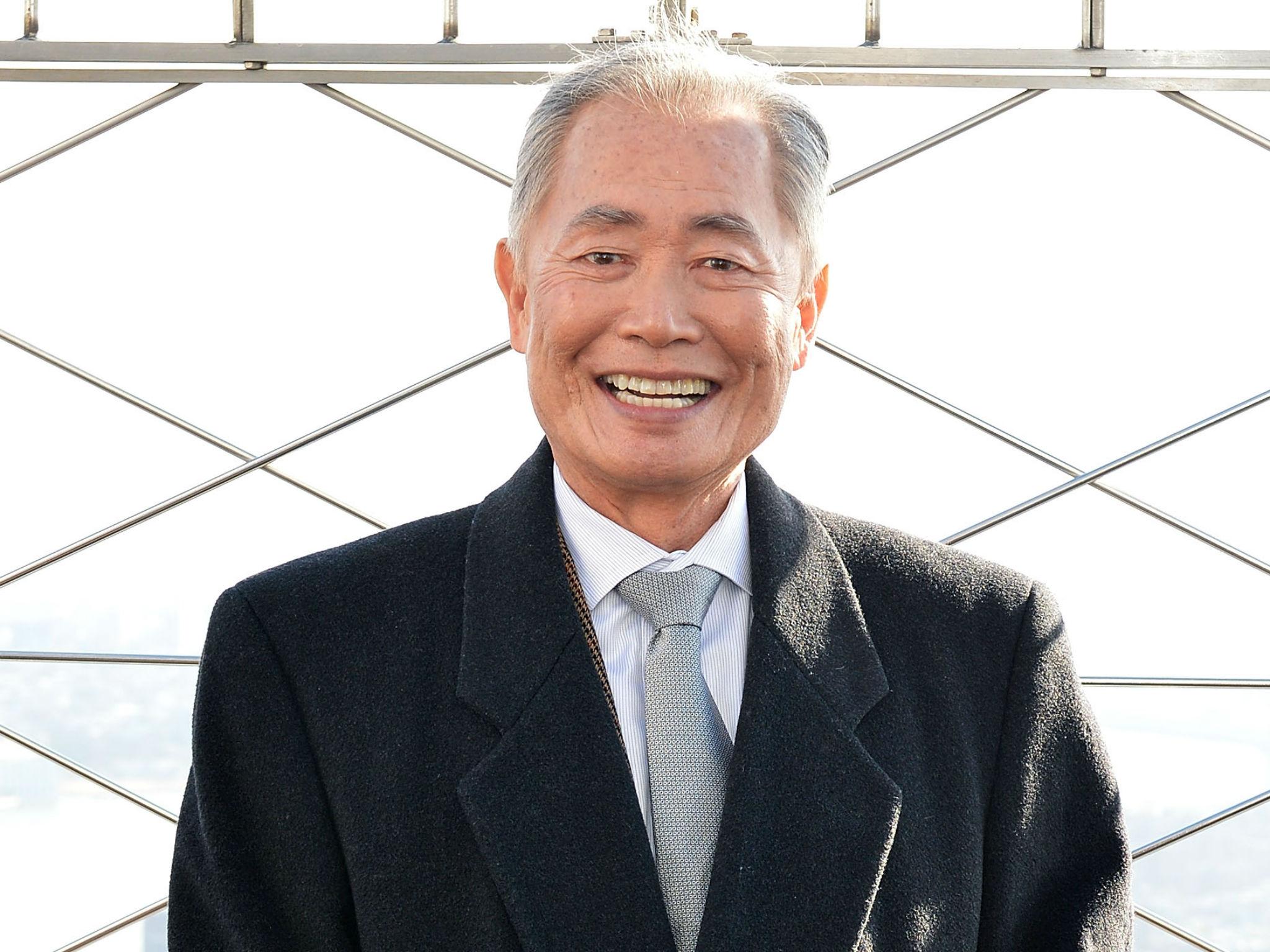George Takei warns of using Japanese internment camps as precedent for Muslim registration system
'Let us all be clear: “National security” must never again be permitted to justify wholesale denial of constitutional rights and protections,' Star Trek actor says

Your support helps us to tell the story
From reproductive rights to climate change to Big Tech, The Independent is on the ground when the story is developing. Whether it's investigating the financials of Elon Musk's pro-Trump PAC or producing our latest documentary, 'The A Word', which shines a light on the American women fighting for reproductive rights, we know how important it is to parse out the facts from the messaging.
At such a critical moment in US history, we need reporters on the ground. Your donation allows us to keep sending journalists to speak to both sides of the story.
The Independent is trusted by Americans across the entire political spectrum. And unlike many other quality news outlets, we choose not to lock Americans out of our reporting and analysis with paywalls. We believe quality journalism should be available to everyone, paid for by those who can afford it.
Your support makes all the difference.George Takei has spoken of his experiences of being locked up in a Japanese internment camp as a child after a high-profile Trump supporter cited the World War Two measure as a precedent for a national register of Muslims.
On Wednesday, Carl Higbie, who is a high-profile supporter of Donald Trump and a former spokesperson for Great America PAC, said the idea of a national registry for Muslims would be constitutionally sound as there is precedent for it in the US.
The precedent he cited on Fox News was the US internment of Japanese-Americans during the Second World War. The comparison to the days of Japanese internment camps, which the US government subsequently apologised for in 1988, has drawn widespread condemnation.
At the age of five, Takei and his parents were taken from their Los Angeles home at gunpoint to a camp. In an essay for the Washington Post, the Star Trek actor warned that the "human tragedy” which occurred during internment should remind people like Mr Higbie of the real cost of such measures.
“The internment was a dark chapter of American history, in which 120,000 people, including me and my family, lost our homes, our livelihoods, and our freedoms because we happened to look like the people who bombed Pearl Harbour. Higbie speaks of the internment in the abstract, as a “precedent” or a policy, ignoring the true human tragedy that occurred,” he wrote.
Takei also blasted the idea of using ‘national security’ as a reason to marginalise minorities.
“Let us all be clear: “National security” must never again be permitted to justify wholesale denial of constitutional rights and protections. If it is freedom and our way of life that we fight for, our first obligation is to ensure that our own government adheres to those principles. Without that, we are no better than our enemies,” he wrote. “Let us also agree that ethnic or religious discrimination cannot be justified by calls for greater security.”
The 79-year-old said history should serve as a lesson that such measures do not work. Mr Trump's spokesperson has denied the President-elect has plans for a national Muslim registry, yet a video of him endorsing the idea last year has surfaced.
“It begins with profiling and with registries, but as Trump and Higbie have made clear, once the safety of the country is at stake, all safeguards are off. In their world, national security justifies actions that are “sometimes not right,” and no one really can guarantee where it will end.
“We cannot permit this invidious thinking, discredited by history at the cost of so much misery and suffering by innocents, to take root once again in America, let alone in the White House. The stigmatisation, separation and labelling of our fellow humans based on race or religion has never led to a more secure world. But it has too often led to one where the most vulnerable pay the highest price.”
Join our commenting forum
Join thought-provoking conversations, follow other Independent readers and see their replies
Comments